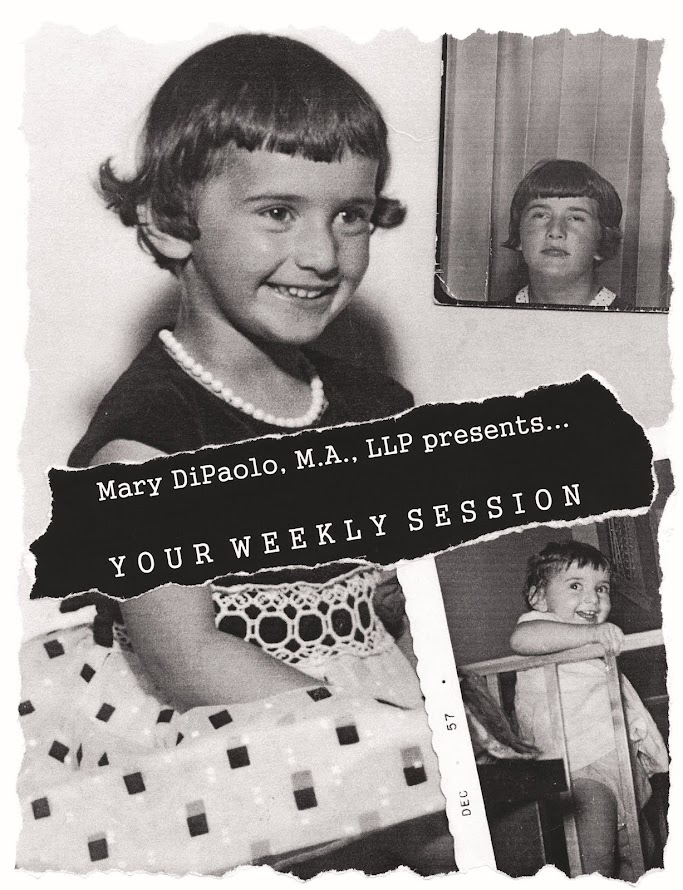I've had a lot to say about codependency over the years. So many people don't even know what "it" is in a way that is easily understood. I get that. It's hard to try and describe a relationship dynamic that so many of us just fall "naturally" into. If it helps, codependency is NOT a new or western culture-based phenomenon. It's been around since the beginning of mankind; much in the same way as fear, shame, blame, and anger.
So...what exactly is a codependent relationship? To start, a codependent relationship is one where a person does not know how to move freely between their "dependent" "independent" and "interdependent" status. (More on that in a bit!) As a result, instead of being appropriately "interdependent" in their relationships, the codependent person experiences relationships in extremes: they function as either givers (giving to one or more "others" in an unhealthy way) or as takers (taking too much from one or more "others" in an unhealthy way). In the process of living life in this codependent way, codependent people struggle with ongoing feelings of guilt, hurt, anger, and lonliness (not necessarily in that order...but these are the "top four" painful feelings associated with the codependent lifestyle).
So---back to how dependence, independence, and interdependence play out in the codependent person's life. When we are born...we are all completely dependent. We can't ask our mothers for milk when we are hungry; we can't change our own diapers when required, and we certainly don't know how to tell our parents stop yelling. Inotherwords, we are DEPENDENT. We could literally DIE without our mother or father's help in keeping us alive and well ON A DAILY BASIS. As we get a bit older, we start to find out there is a big wide world around us outside of our mother's embrace. This is normal...and this is the beginning of our transition from "dependent" status to "independent" status. Regardless of what we are (bird, fish, duck, chimp) or who we are (human)...everything and everyone has been designed to function "independently" as they grow and mature. The age at which this happens varies depending on the species (bird, fish, duck, chimp)...but doesn't vary much at all within the same species. The same, unfortunately, is not true for us human beings. Instead of being "grown up" and "mature" and "independent" by around the same age...we are all over the map. There are 48 year old men who may know how to dress themselves real nice and take women out on dates, but whose primary source of income comes from mommy or daddy. There are 35 year old women who smoke, drink, and party like it's 1999...and then wonder why they can't keep a job for more than 9-12 months. I think you get the picture here. Instead of becoming and being "independent", many people get stuck in their "dependent" status long past the age of 16 or 18 or 21. As such, these individuals learn to function as life's codependent "takers". To complicate matters, this is NOT the only way to become a codependent taker in one's life and relationships. The spoiled brats of life, the lazy bums of life, and the "the world owes me" narcissists of life are just three "more" groups that so easily fall into and "fit" the codependent taker profile. Instead of functioning independently from others and "pulling their own weight"...these folks literally want and expect others to "do" for them just because they do! To say that codependent takers are the "high maintenance" people of life is putting it mildly. Codependent takers are also often oblivious to the pain and frustration they cause others because their OWN pain always takes front and center stage in their day-to-day lives. They want what they want when they want it...and eventually learn to expect others to "mind read" what they want without having to ask for it directly! This is especially true when codependent takers hook up and/or are married to codependent givers. "What do you mean you didn't know what I needed? Haven't we been together long enough for you to figure it out?!" Stuff like that. Very frustrating. Very dysfunctional. And very very wrong.
Next time, we'll focus on the development of the codependent giver...
